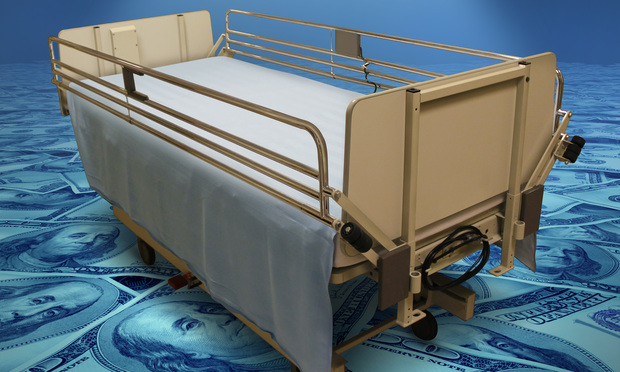If you could earn a 20:1 return, would you invest? The federal government apparently would and does. According to an October 2013 report prepared for the Taxpayers Against Fraud Education Fund,1 “[i]f all costs and benefits are accounted for, the benefit to cost ratio of False Claims Act law enforcement now exceeds 20:1.”
Federal and state governments, often aided by whistleblowers and their private counsel, and armed with the potential for significant criminal and civil penalties, have prioritized health care investigations into a “healthy” cottage industry. If the government has benefitted from the surge in investigations and cases, so too have lawyers. One only has to read the websites for the Department of Justice (DOJ),2 Department of Health and Human Services (HHS),3 and various states4 referencing the hundreds of cases filed and settled—often for mind-boggling numbers—to realize that health care fraud is big business. Thanks to government initiatives, private lawyers have been provided opportunities to conduct internal investigations, advise on improved compliance, negotiate resolutions with the government and affected third-parties, and even go to trial.
This content has been archived. It is available through our partners, LexisNexis® and Bloomberg Law.
To view this content, please continue to their sites.
Not a Lexis Subscriber?
Subscribe Now
Not a Bloomberg Law Subscriber?
Subscribe Now
LexisNexis® and Bloomberg Law are third party online distributors of the broad collection of current and archived versions of ALM's legal news publications. LexisNexis® and Bloomberg Law customers are able to access and use ALM's content, including content from the National Law Journal, The American Lawyer, Legaltech News, The New York Law Journal, and Corporate Counsel, as well as other sources of legal information.
For questions call 1-877-256-2472 or contact us at [email protected]



